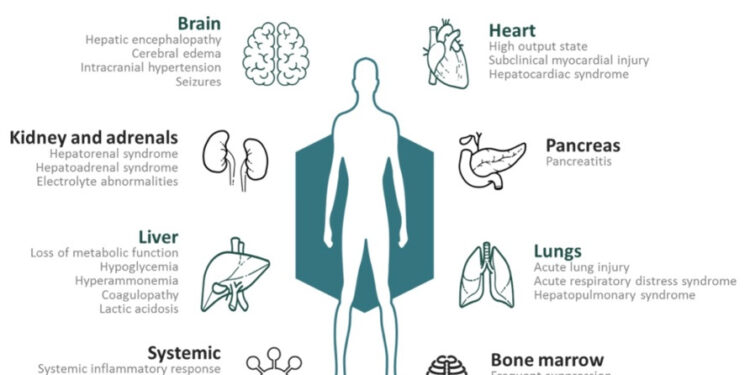If you suspect you may have hepatitis, your doctor may recommend a variety of blood tests to rule out other conditions. Most tests look for antibodies, which your body produces to fight bacteria and viruses. When a blood sample contains antibodies to hepatitis, a doctor can determine the type of virus in your blood and the extent of liver disease.
Some people may not experience any symptoms until weeks or months after infection. Others may experience only mild symptoms for a few months. If you think you may have hepatitis, visit a health care provider as soon as possible. You may need to get a hepatitis vaccine or an immunoglobulin antibody to prevent future infection. If you are unsure whether you may have hepatitis, you can check your health with a free health guide offered by the Mayo Clinic.
Hepatitis A is an infection of the liver caused by the hepatitis A virus. It is highly contagious and spreads through contaminated water and food. The disease is mild to severe and may even lead to liver failure or death. It is most common among older people and those with a history of liver disease. People contract this virus through unclean water, food, and feces. Luckily, there is a vaccine to prevent hepatitis A.
Although most cases of hepatitis A do not cause liver damage or become a chronic infection, some people can experience liver failure suddenly and require liver transplant surgery. Patients with this disease may need intravenous nutrition or hospitalization.






